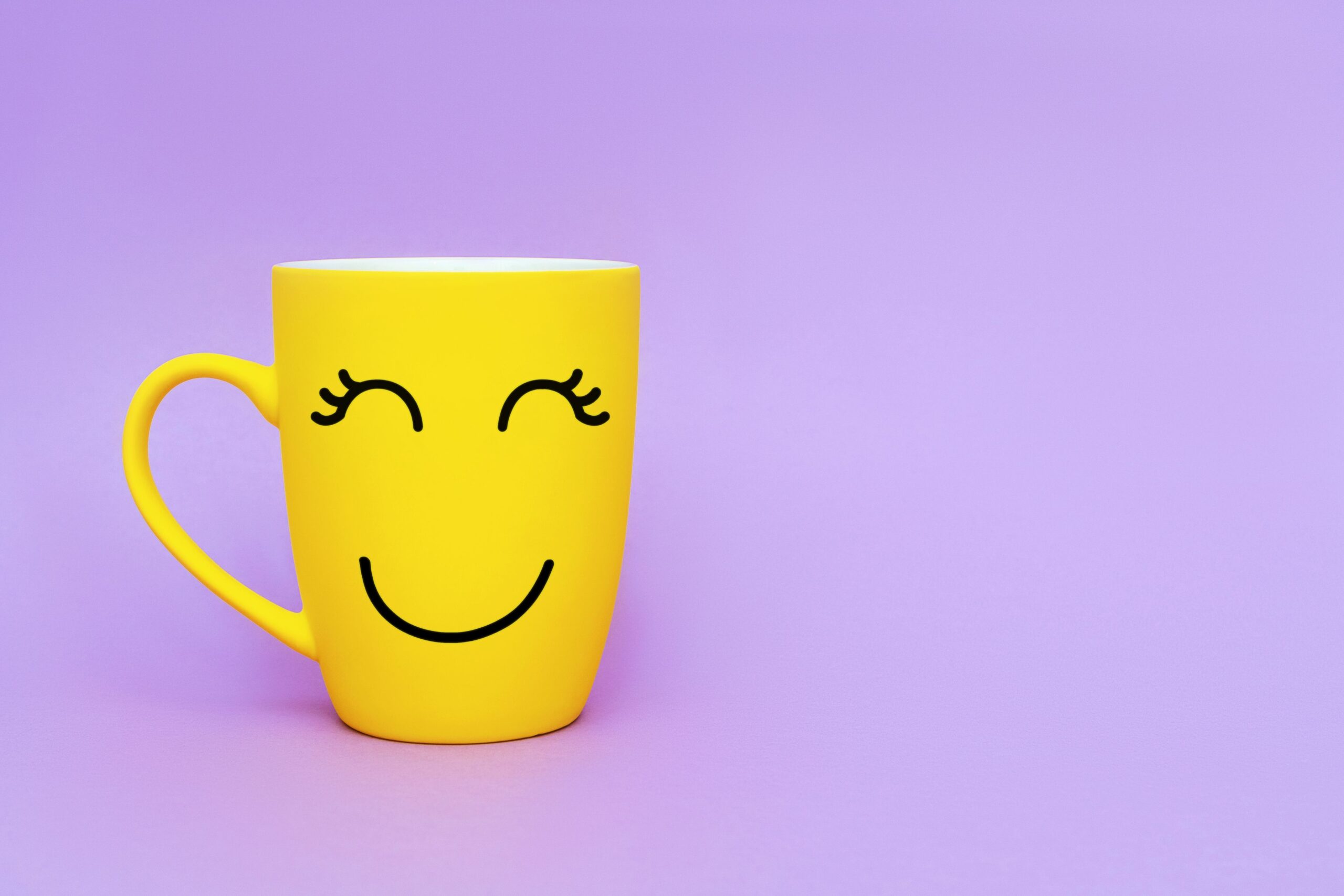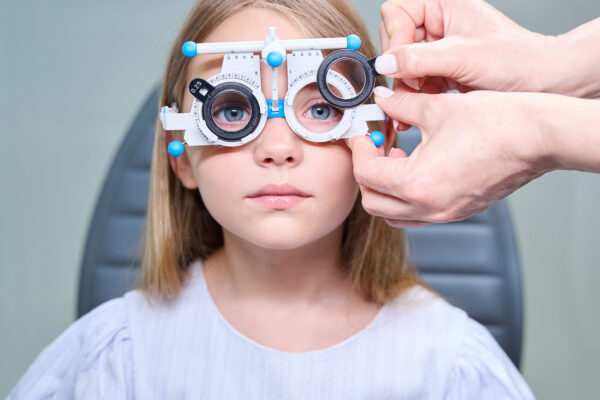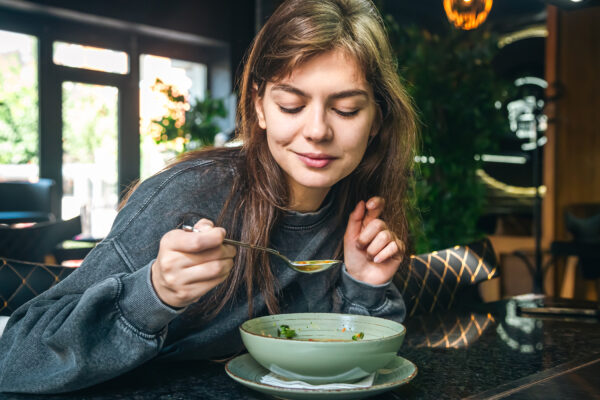Self Advocacy and Self Care
Wellness Lessons Learned
Tanya Salituro and Jamie Bussin
In Episode #158 of THE TONIC Talk Show/Podcast we spoke with health and wellness expert Tanya Salituro about how self-care played a role in her personal health journey. What she learned while overcoming three bouts of breast cancer is particularly relevant to those who might be deciding to defer treatment during the current pandemic. But also this interview speaks to wellness for yourself and in the context of the community. This is an excerpt of that discussion. For the full interview please visit thetonic.ca
How did your health journey start? Before you’re diagnosed with cancer, you first have to figure out that there’s something wrong. During the pandemic I’m hearing that people are pushing off going to see their doctor or therapist or alternative care practitioner. It all starts with listening to your body and listening to those symptoms, long before the diagnosis. I was 19 when I felt a lump in my breast. A year later I felt pain and even after that pain it took me another 4 or 5 months before I went to the doctor. I was diagnosed two more times with breast cancer after that. My company CanPrev is 15 years old and I am now 15 years cancer-free.
What did you come to understand about your wellbeing? I’ve definitely become feistier about advocating for myself. I would encourage all Canadians to be their own health advocate. First of all you have to listen to and know your own body because you know it better than anyone else. Make notes to yourself. If you can’t be a strong advocate for yourself with your doctor, bring a friend or family member. Make sure to cover all your points and you’re going to be heard. And it’s hard, because the health system is overburdened and they don’t have a lot of time to hear about aches and pains. I love my naturopathic doctor, because they tend to take more time with you.
What sort of barriers did you see that prevent self care? Lack of information. You’re given a diagnosis and you’re given a little bit of information. When you go to the internet to get more information you can be overwhelmed. You have to find a balance. You do need to find out what your options are and follow up on what you find. Nobody was listening to me. The first time I was “too young” to have breast cancer. The second time it was “impossible” because I had undergone radiation therapy. The third time I was told it was “scar tissue” moving around that was causing my pain. I want to hammer home this point; you need to listen to your body.
In terms of internet research, credibility and accuracy can be a concern. That was an issue for us when we started our company in the nutraceutical industry. There was, historically, a lack of trust, and so I wanted to create products that I could trust with safety and efficacy. I look to find studies if I can, rather than just accepting what’s being put out over the internet.
Is there an emotional barrier to advocating for your own health – particularly for women? There’s a feeling of guilt – if I take time for myself, will there be enough time to take care of my loved ones? I was in a weekly women’s meeting and one woman created a chart to fill in what we felt guilty about. What should have been a 5 minute exercise, took half an hour. The flip chart page was filled from corner to corner. Guilt keeps us back. We shouldn’t feel guilty about taking care of ourselves. An ounce of prevention is worth a pound of cure. Being shy, being less confident, feeling guilty – we make excuse after excuse for not taking care of ourselves. But with age and wisdom we do gain confidence.
We’re speaking about personal responsibility, but what about your place in the community? During Covid, my daughter was doing a project on data management. And she had to come up with some statistics. And she came up with data that showed that the more social you are the healthier you are. Your community could be one person. It could be your best friend. It could be an old school friend or a nurse that visits you. I really have worked to develop my community. I’ve built community around sports, keeping in touch with old colleagues, former high school friends, my faith community, and my health care team. They’re all part of my community. Whether it’s one person or one hundred that’s going to propel your health forward. It takes effort to have relationships. But it’s also easy to use technology to send an email here, a quick message there or join an online group. I recently joined one called Naturalists of Ontario. So when you make the effort it pays back in bucketfuls. My mother, who’s in her 80’s makes a list of who she’s going to call every week. She’s not waiting for people to call her. Because she’s lonely and it’s Covid. But she’s making that effort. It can be as simple as slipping a note under someone’s door. It’s almost a positive that’s coming out of the pandemic that we’re reaching out to see if people are okay. By reaching out, you’re bringing joy to your soul and making yourself healthier.
Tanya Salituro is the owner of CanPrev Natural Health and is a health and wellness expert and advocate. For more information about Tanya visit canprevwomen.ca




